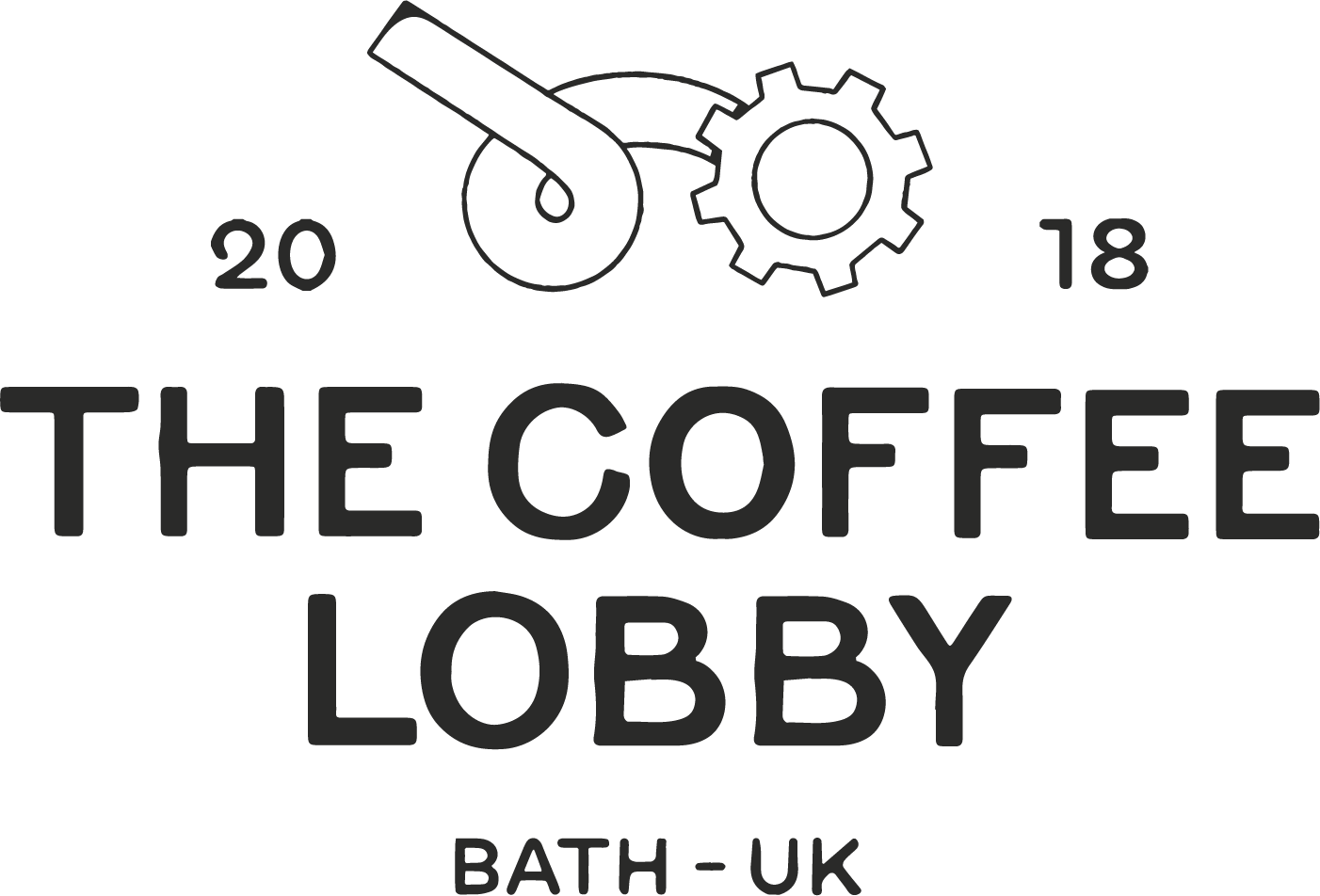What is Specialty Coffee?
What is Specialty Coffee & Why is it expensive?
I am sure you have seen the adverts from fast food chains offering a coffee for 99p -the one that’s preceded by a confused gentleman being offered an array of specialty coffee choices, and brew methods, at a ridiculously high price then cuts to the fast food chain simply charging 99p and handing the cup over.
Now, to better explain why this is a ridiculous advert I need to explain a little about specialty coffee and the movement behind it, and clearly distinguish the differences between chains such as Starbucks, Costa, Mcdonalds, etc and high street speciality coffee shops.
The Specialty Coffee Movement.
The term Speciality Coffee was first coined in 1974 by Erna Knutson who worked as a green coffee importer - green coffee importers usually traded with large companies that wanted larger bulk with lower quality and cheaper prices. She pioneered the sale of quality coffees to small scale roasters, who were, at that time, being ignored by the larger profit hungry companies. Thereby initiating the vast improvement in the standard of unique, single lot, flavoursome coffee being produced by small batch roasters. The market for these products exploded.
Naturally, larger companies soon saw the financial opportunities offered by this niche market, and began to exploit it to bolster their bottom line - e.g. paying minimal prices to the subsistence farmers for their product. A situation that persisted until the introduction of Fairtrade coffee. Fairtrade set standards and pricing throughout the supply chain, which ensured a fairer deal for all concerned.
Recently the SCA (Specialty Coffee Association) was formed - a non profit, membership-based organisation, representing thousands of coffee professionals all over the world, built on a foundation of openness and inclusivity that fosters a global coffee community supporting sustainable activity for the entire value chain
From the Farm to the Barista.
Specialty coffee is defined as an Arabica coffee with a score of 80 points or above but it is so much more. In reality it encompasses the whole process from the Farm to the Barista. The standards that need to be met include (but are not limited to):
Green Bean Standards - Processing, picking, drying time.
Farming process Standards - Altitude, density of the beans.
Shipping Standards - Exporting, bagging, moisture content.
Roasting Standards - Does the Roaster know what he is doing.
Barista Standards - Grind, Extraction, Time exposed to Elements.
Brewing Standards - Ratio’s, Techniques, Temperature, Equipment.
Any failure to meet the proscribed standards set by the SCA will result in the coffee having its certification removed.
Some of the reasons why specialty coffee costs more:
It’s an extremely difficult process to make sure it gets through the supply chain whilst maintaining the above mentioned standards.
The Coffee Roasters need to spend time finding the sweet spot in the coffee to ensure they bring out all of the desired flavours.
The Baristas have to manage the myriad variables that alter the taste of the coffee - the water, the temperature, the grind quality, and the extraction time/pressure, etc.
But by maintaining these SCA standards we are able to help improve the farmers sustainability. The additional income could be the difference between health care, education, and the simple things we take for granted.
Faitrade does not meet SCA standards. Specialty coffee roasters pay well over the Fairtrade price for their coffees, and most don’t display the Fairtrade logo on their packaging.
So the next time you see cheaper coffee advertised, remember why its cheaper & consider trying your local speciality coffee shop.
contact@thecoffeelobby.co.uk - 01225 436171 for further information.

